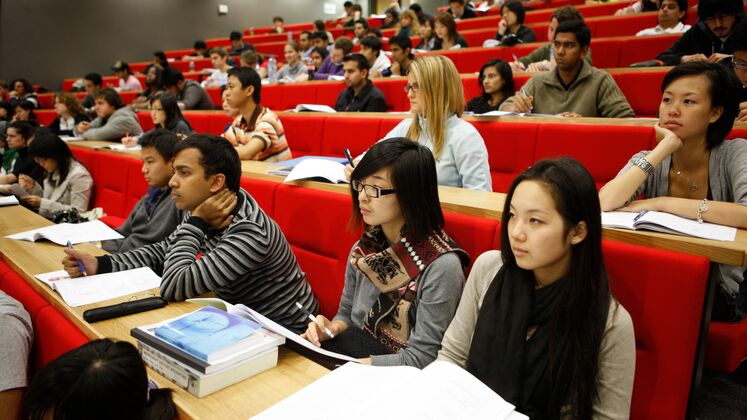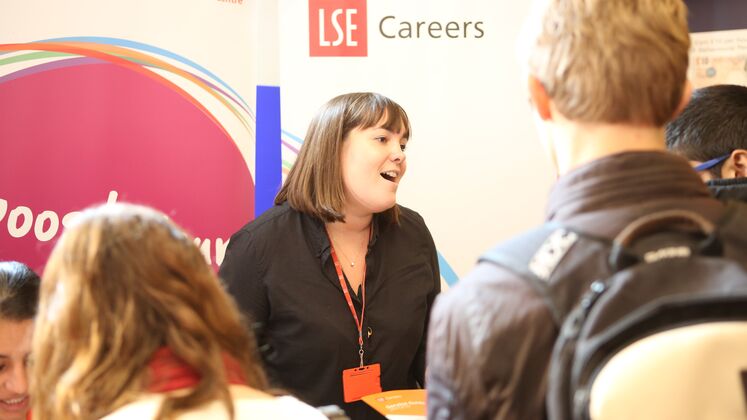Lent term is about to end and so are our lectures and seminars. The harsh winter is also on its way out, touch wood, and with that our guided tour into the elusive world of theorisation and paradoxes has reached its final destination. Now, the only way forward is to sit under the sun, hopefully a bright one, and try to make sense of all that happened in winter. It’s time to breathe, read and reflect – not to forget, write tonnes of essays too!
On that note of reflection, I want to revisit my gut-wrenching essay writing experience from last year. Without exaggerating, I would say it was pretty awkward and something I’ve felt many times, both in my undergraduate years and now as a postgraduate.
So my essay question was around commercial surrogacy in India. As you can imagine, it opens up so many different and often overlapping theoretical frameworks of analysis, from human rights discourses to postcoloniality, from geography to bioethics. Yet what made me really awkward was the fact that I was trying to apply all these theories and make claims on behalf of people whom I know very little about. Based on existing research papers and few documentaries, I was trying to create my own version of what surrogates’ lives looked like, rather than what they actually may be.
This fear of oversimplifying or even overcomplicating somebody else’s lives is a constant battle in my journey with social sciences. When I was doing my undergraduate degree in International Development, we would talk about many depressing sounding topics like poverty, disasters, violence and so on. Yet at the heart of all these topics laid an understanding of human lives whose day-to-day realities are never heard first-hand. It’s always through the lens of either researchers or ‘experts’ and I wonder how real or even valid these filtered visions are.
Isn’t the fact that we have time to study somebody else’s lives and write about it at great length a mark of privilege in itself? Doesn’t it show how deeply entrenched we ourselves are in this structure of social inequalities that we so ardently talk about? Can we really distance ourselves and continue to write about social issues as if we are looking at the planet from outside as a neutral satellite?
Well, my friends do answer some of these questions as they rightly point out the importance of ‘checking your privilege’ and turning the gaze back on yourself. That all sounds well and fine but I am still curious on whether there is a way for a researcher to be a facilitator rather than a mouthpiece. Until then, I guess the awkwardness will remain but for the time being, I will remember to pick an easier question next time!





